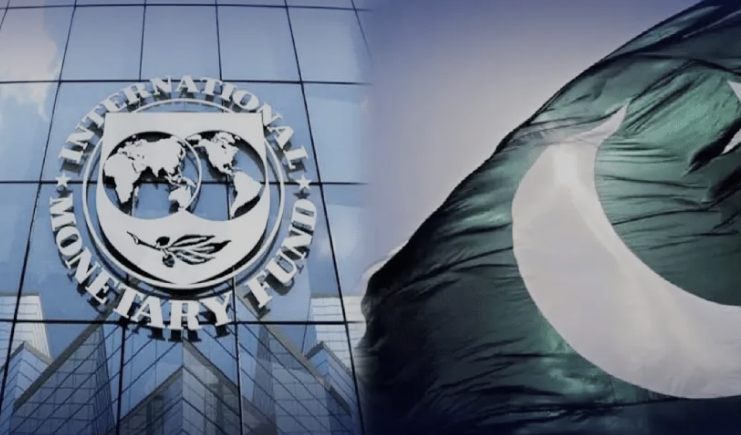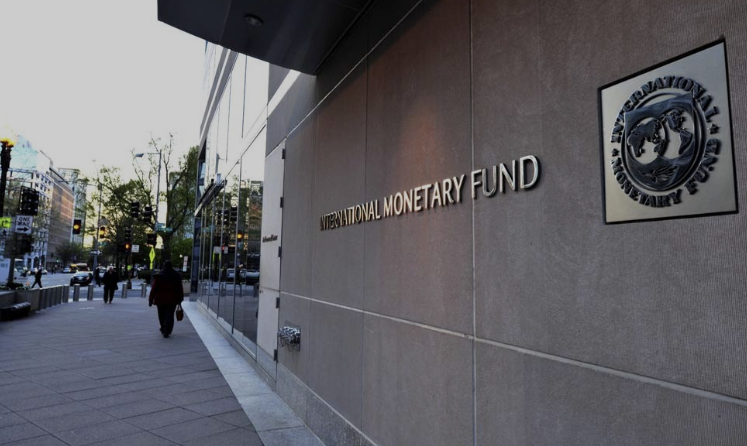Islamabad: In navigating the hurdles of the current financial year, Pakistan faces its greatest test in achieving fiscal consolidation and implementing reforms. This challenge comes amidst a backdrop of political turbulence and instability within the coalition government, exacerbated by allegations of electoral fraud, as highlighted by the Washington-based Institute of International Finance (IIF).

On the flip side, the Institute of International Finance (IIF), a global consortium of financial institutions including major banks, insurers, and investment firms, suggests that concerns over exchange rates, monetary policy, energy subsidies, and reforms for state-owned enterprises (SOEs) are not expected to impede the new IMF program. This optimism stems from significant progress made in these areas over the past year.
However, the IIF identifies fiscal consolidation as the primary hurdle. This is a critical concern, given the substantial rise in public debt from 55% of GDP in fiscal year 2009-10 to 79% in 2022-23. Current estimates indicate an overall fiscal deficit of 8.1% of GDP and a primary deficit of 0.2% of GDP.
Furthermore, the Ministry of Finance reports a seven-month fiscal deficit increase to 2.6% of GDP (Rs2.721 trillion) from 2.3% of GDP (Rs1.974 trillion) last year. Nevertheless, controlled primary expenditures have helped improve the primary surplus to Rs1.939 trillion from Rs945 billion last year.
“A prominent global financial institution identifies fiscal consolidation and reforms as the foremost challenges amid a fragile coalition and political instability”
The Institute of International Finance (IIF) highlighted significant challenges ahead for Pakistan, citing historical patterns and a politically fragile government. Concerns arise regarding the likelihood of missing the Rs9.4 trillion tax revenue target and the difficulty in implementing further expenditure cuts and substantial subsidy reductions, with the IIF forecasting a primary deficit of 0.3%.
Political turbulence adds to the complexity, with recent elections marred by disruptions, delayed results, protests, and tragic incidents. This has intensified tensions, particularly between Prime Minister Imran Khan and the influential military.
The report anticipates these tensions to escalate further, potentially leading to a crackdown on politicians and supporters aligned with Khan’s party. Additionally, the weak coalition government faces challenges, with the opposition showing reluctance to endorse politically demanding reforms.
Pakistan’s historical struggle to complete prime ministerial terms and its extensive IMF program history underscore the precarious situation. The looming maturity of around $90 billion in public debt in FY24 adds urgency to securing a new IMF program, especially as traditional financial backers like Saudi Arabia, the UAE, and China now tie financing to IMF involvement.
Navigating these challenges requires strategic and collaborative efforts, underscoring the importance of effective governance and international support in ensuring Pakistan’s economic stability and growth.
Credits: dawn.com

